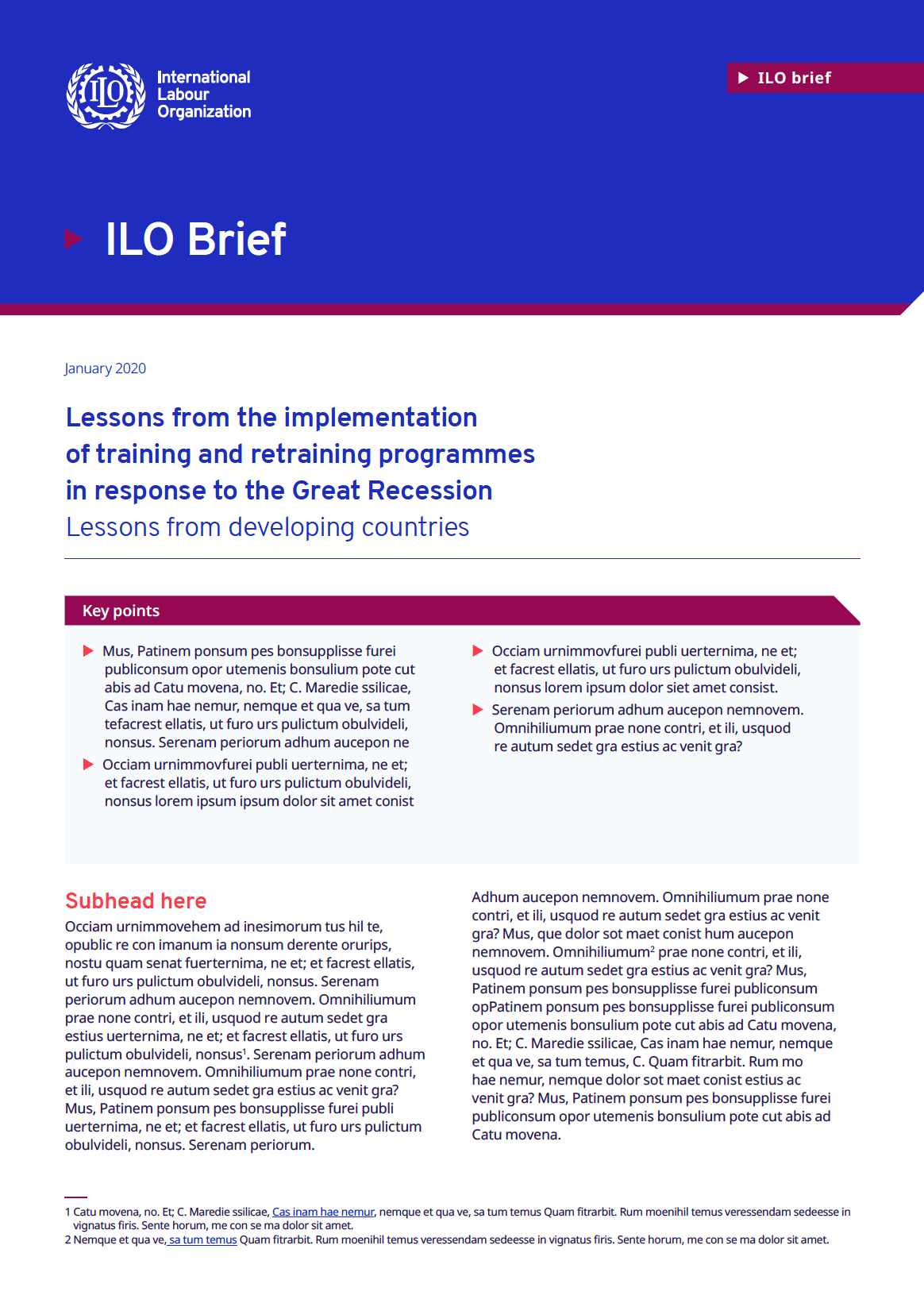Robotics and reshoring - employment implications for developing countries
Much of the discussion of the impact of automation on employment has focused on developed countries. Yet for developing countries a key concern is the prospect of “reshoring” or “nearshoring” – the opposite of offshoring – in which production shifts from developing back towards developed countries. These shifts would be enabled by automation in the labour-intensive sectors that have provided developing countries with strategic entry points into global markets and continue to employ large numbers of workers, often disproportionately women. The COVID-19 crisis has lent renewed urgency to the discussions on such restructuring of global supply chains. Relatively absent in these discussions is a sense of how automation plays out on the shop-floor. This has motivated the industry case studies in this volume, addressing the implications of the increased use of robots and ITC-enabled automation in the apparel and electronics industries as well as in retail warehousing and business process outsourcing.




